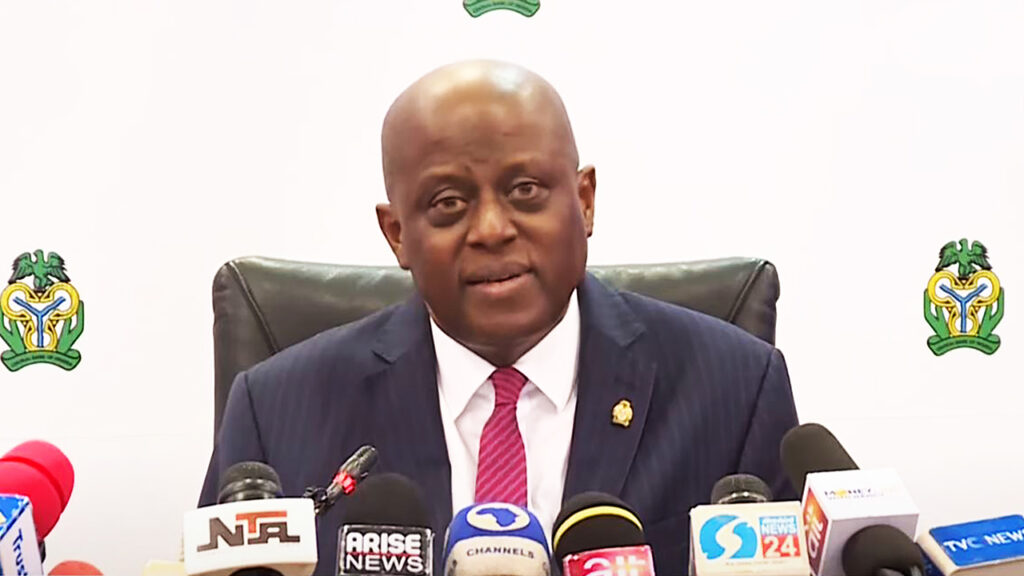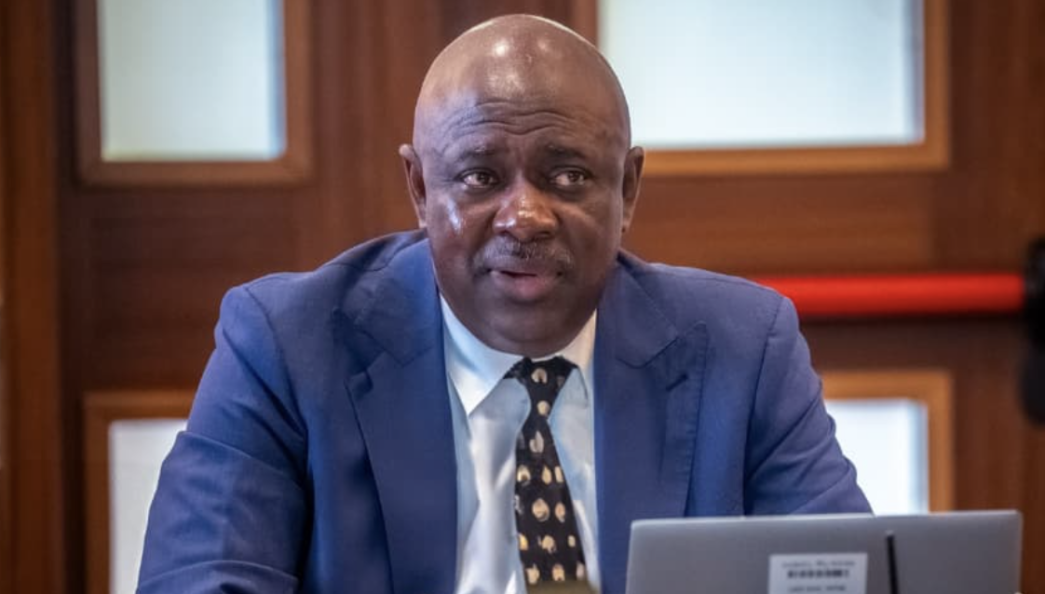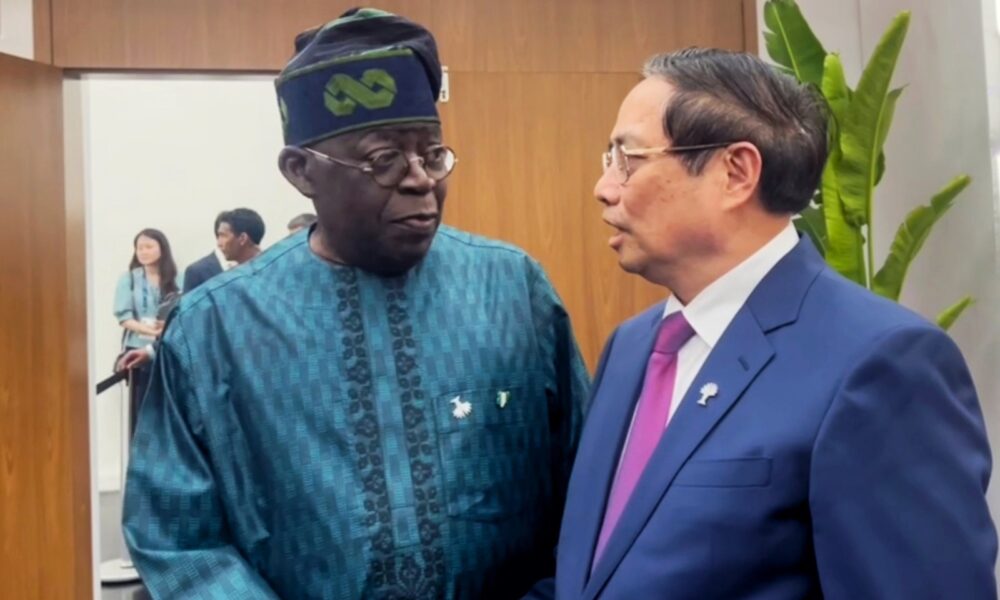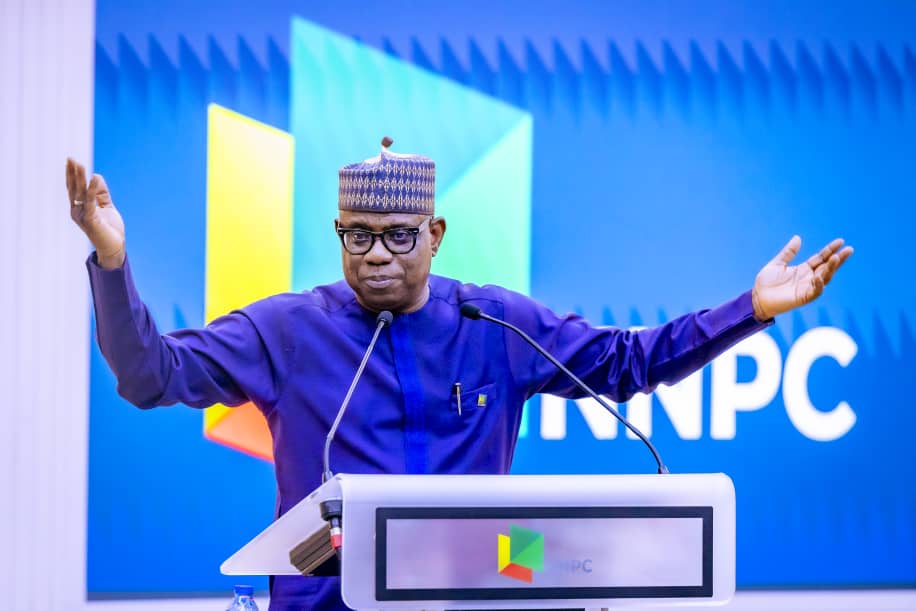In a recent address, Yemi Cardoso, the Governor of the Central Bank of Nigeria (CBN), called for greater cohesion among African countries to fully realize the potential of the African Continental Free Trade Area (AfCFTA). This agreement, which aims to create a single market for goods and services across the continent, represents a significant step towards economic integration and development.
The Importance of Unity in Trade
During a conference in Abuja, Cardoso highlighted that while AfCFTA presents a unique opportunity for African nations, achieving its goals requires strong collaboration and commitment among member states. He noted that regional integration is essential not only for boosting trade but also for fostering economic resilience. “Unity among African nations will enable us to leverage our collective strengths and address common challenges,” Cardoso stated.
The AfCFTA, which officially commenced on January 1, 2021, aims to eliminate tariffs on 90% of goods traded between member countries. It is expected to enhance intra-African trade by reducing barriers and facilitating smoother transactions. Cardoso emphasized that for the agreement to succeed, countries must work together to harmonize trade policies and regulations. This will help create a favorable environment for businesses to thrive and stimulate economic growth across the continent.
Additionally, Cardoso pointed out that cohesive efforts can lead to improved infrastructure development, which is crucial for facilitating trade. He urged African governments to invest in transport, logistics, and digital infrastructure to enhance connectivity and reduce costs associated with cross-border trade.
Overcoming Challenges Through Collaboration
Cardoso acknowledged the challenges that lie ahead, including political instability, differing regulatory frameworks, and inadequate infrastructure. However, he remains optimistic that these challenges can be overcome through collective action. He called on African leaders to prioritize dialogue and cooperation, emphasizing the need for shared goals and mutual respect.
He also highlighted the role of the private sector in driving the success of AfCFTA. By fostering partnerships between governments and businesses, African countries can create an ecosystem that supports innovation and competitiveness. “The private sector is vital in realizing the benefits of AfCFTA. Together, we can create jobs and enhance the quality of life for our citizens,” Cardoso added.
In conclusion, Yemi Cardoso’s call for greater cohesion among African nations is a timely reminder of the importance of unity in achieving the goals of the AfCFTA. By working collaboratively, African countries can unlock the full potential of the agreement and pave the way for sustainable economic development. The commitment to cooperation, investment in infrastructure, and support for the private sector will be key to ensuring the success of this landmark initiative.




